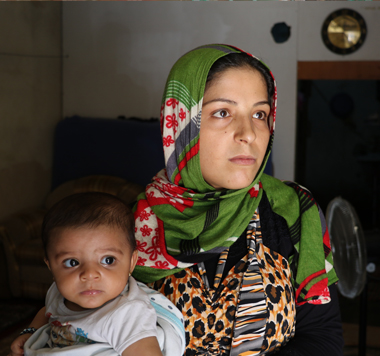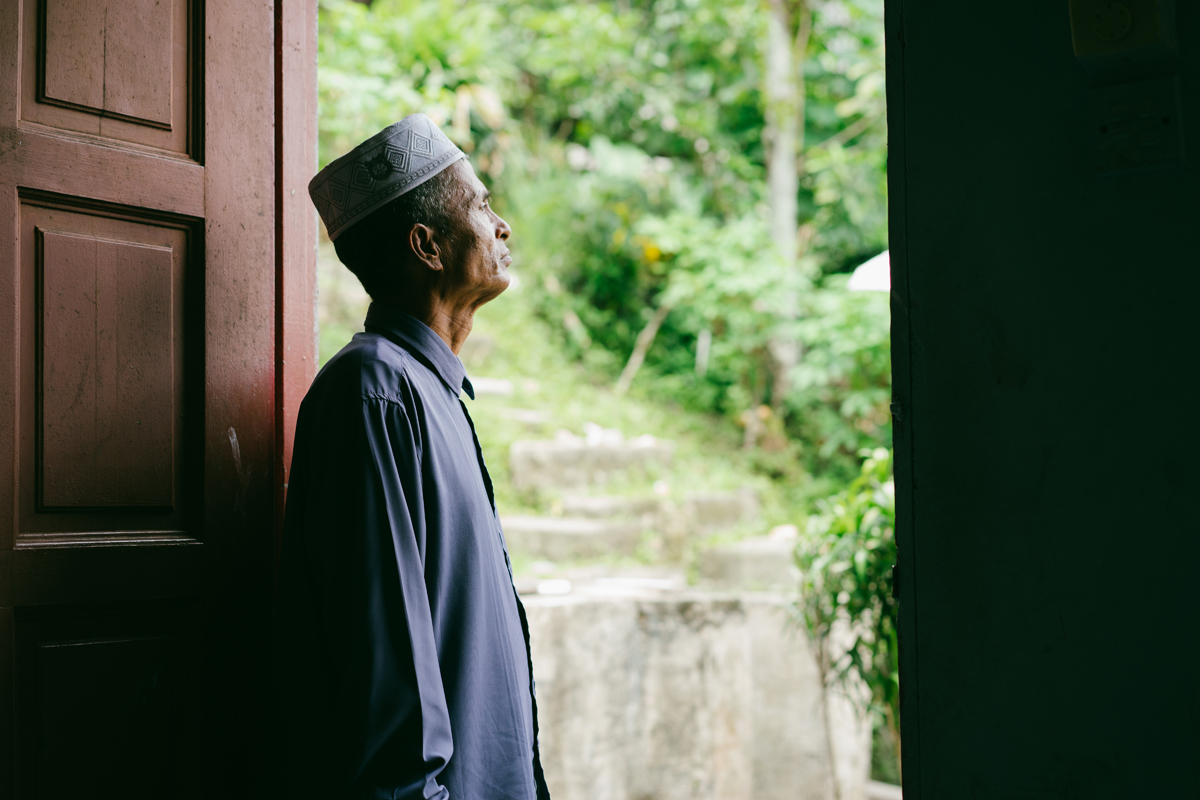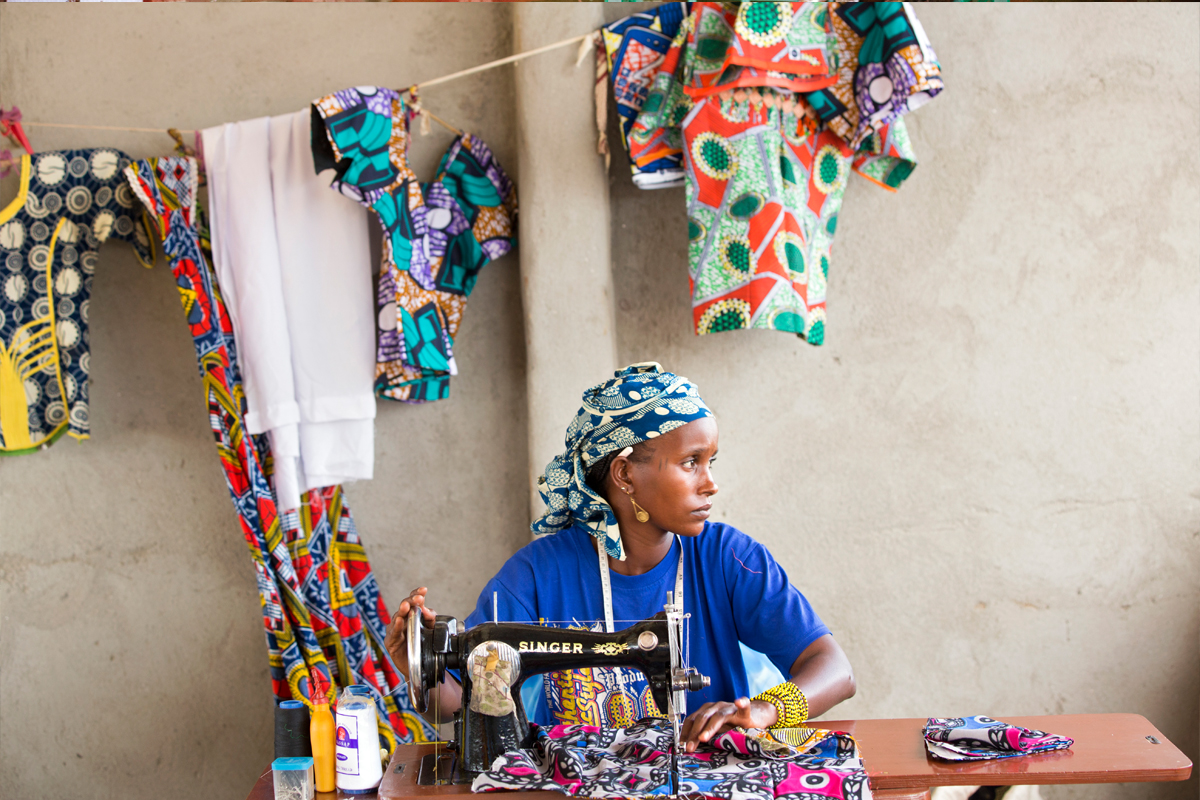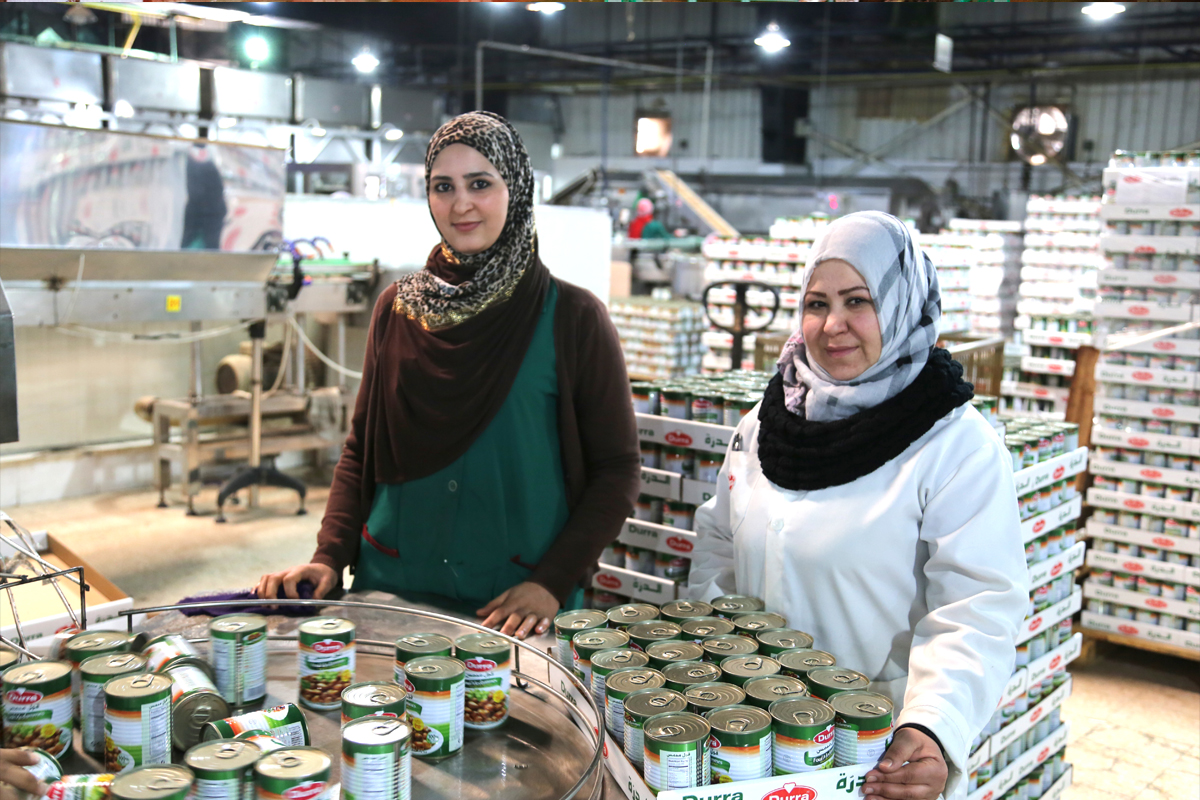
Supporting the livelihoods of refugees in long-term displacement
Category | Story
What can we learn from refugees’ own perspectives and agency
The Overseas Development Institute (ODI) inspires and informs policy and practice to reduce poverty, alleviate suffering and support the achievement of sustainable livelihoods globally through high-quality applied research. At the World Humanitarian Summit, ODI’s Humanitarian Policy Group (HPG) committed to generate evidence on how to better support refugees in protracted displacement, contributing to Core Responsibility 3 of leaving no one behind and, in particular, reducing and addressing displacement (3a). HPG is currently completing its research programme on refugee livelihoods in protracted displacement, which involved field-based studies in Turkey, Jordan, Malaysia and Cameroon. The research team conducted more than 300 interviews with refugees, individuals in host communities (traditional leaders, religious leaders, refugees’ employers, etc.), state actors (ministries, municipalities, local authorities, etc.), local and international NGOs and aid agencies.

Displacement is protracted, yet there is little support for livelihoods and self-reliance
Yet, for most refugees, such formal and informal support did not result in sustainable livelihoods: in Cameroon, because refugees had limited economic opportunities in an environment suffering chronic development challenges; in Turkey, because refugees could not freely apply their skills and utilise their expertise; in Jordan, because refugees were penalised for working illegally, and felt dependent on limited assistance; and in Malaysia, because the status of refugees is not recognised by the state, and most work illegally and are at risk of detention. Where refugees felt they had succeeded in their livelihoods plans, this was a result of personal attributes and hard work rather than good programming by aid agencies. In the four countries, refugees struggled to make ends meet and did not find support from aid agencies that failed to implement self-reliance and livelihoods programmes at the onset of their displacement. This is changing. Recent shifts in the Syria refugee response have shown how more coherent and strategic multi-level interventions can better support refugees.

Integrating refugees’ perspectives continues to be a challenge
And yet even in responding to the Syrian refugee crisis, integrating the perspective of refugees to inform policy change continued to be a problem. The fast-changing nature of policies pertaining to refugees in host countries – even when policy changes stood to benefit refugees – reinforced feelings of uncertainty, and undermined confidence that policies would not change again for the worse. Policy shifts on work permits in Jordan and Turkey were initially perceived negatively by refugees, who felt that these schemes were distant and out of touch with their realities, particularly for those working in sectors where informal labour is the norm. The perspectives of refugees continue to be integrated in an ad hoc manner, post-policy change rather than used as a basis for programmes and advocacy.
Way forward: opportunities to better support the livelihoods of refugees in protracted displacement
Much can be learned from current shifts in refugee response observed in host countries neighbouring Syria. Some of it is positive, such as the increased involvement of development partners. Some of it needs further critical evaluation before being replicated, such as work permit schemes. There are opportunities to better support the livelihoods of refugees in protracted displacement through adopting a dual parallel (rather than consecutive) humanitarian–development approach. There are opportunities to better support the livelihoods of refugees in protracted displacement through adopting key principles to guide a comprehensive livelihoods strategy: one that starts at the beginning of refugee crises, that incorporates social protection and that focuses on supporting refugees in their own actions and strategies.
This article was written by Veronique Barbelet and Caitlin Wake, researchers at the Humanitarian Policy Group of the Overseas Development Institute. Lead photo: Syrian refugees living in Turkey recieve E-cards to pay for food. Photo credit: European Union/ECHO/Caroline Gluck.

